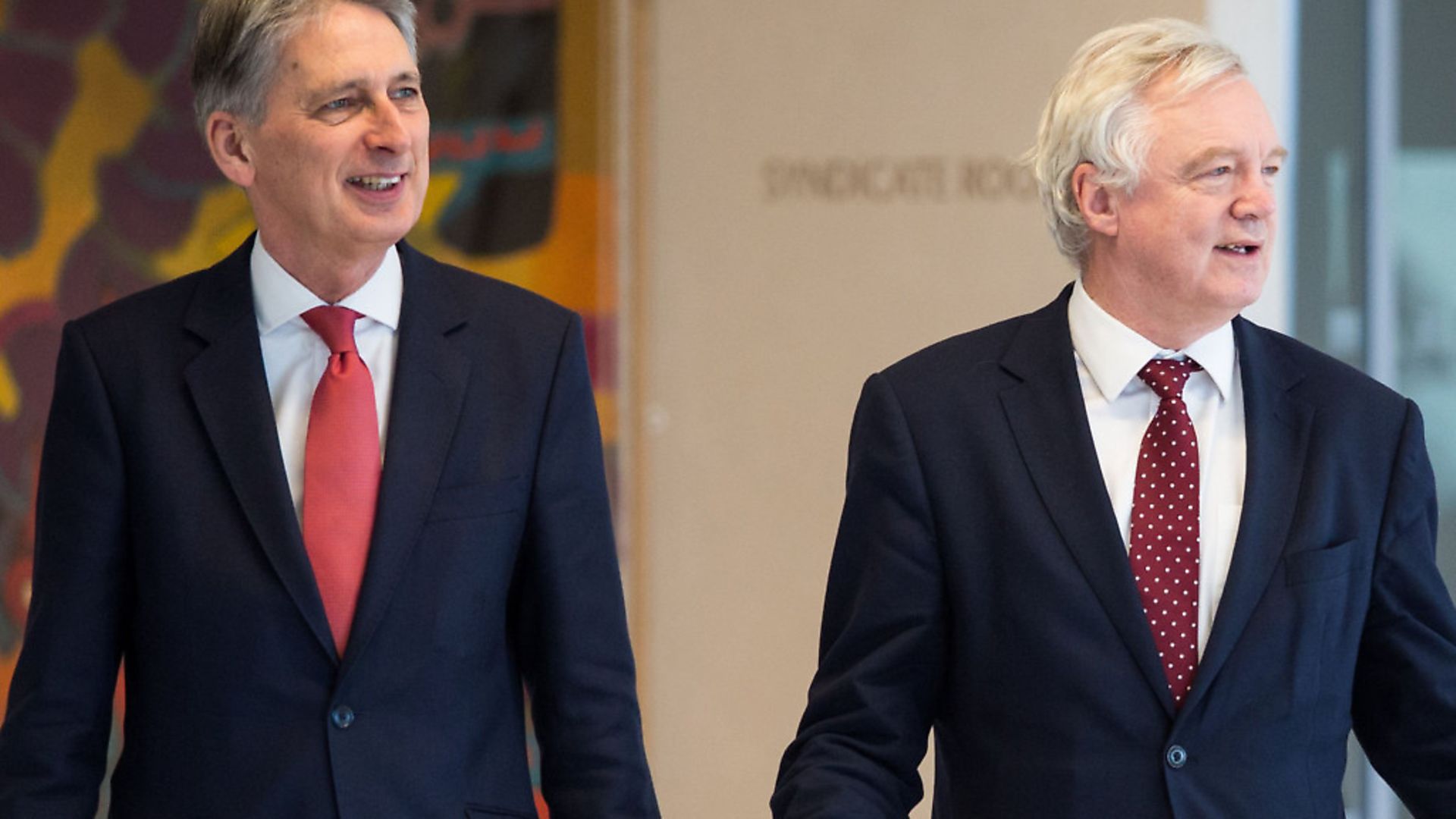
The Government’s transitional customs proposals are a start – but it will be far from plain sailing for business
So Philip Hammond has won the argument with Brexiteers and hard has been replaced by soft – at least as far as customs arrangements go.
Transition is the order of the day as the cabinet scrambles to assure voters that Brexit will not lead to lengthy queues of trucks at Dover and Calais, and a permanent siege mentality.
The Department for Exiting the EU’s first position paper on Brexit shed little clarity on the nature of the proposed transitional customs agreement – and the EU 27 can still refuse to play ball – but it did try to placate business groups by proposing to that those that import and export goods will see broadly the same terms as exist at present.
We also learned businesses would have to fill in no more paperwork and that the compromise would last for two, possibly three years.
Brexiteers blustered about a sell-out, while the UK’s main business groups were cautiously welcoming of this pragmatic stance.
Looking forward there were also two suggestions, for arrangements after the transition: these would be either ‘a new customs partnership…which would negate the need for a customs border between the UK and the EU’, or a new ‘highly streamlined customs arrangement’ – supposedly a technology solution.
While the plans appear to avoid the ‘cliff edge’ that businesses had feared, it is not all plain sailing. For a start, services are not included in the interim customs period and as CityUK, which represents the financial sector was quick to point out, most UK exports are services.
Also, to the further displeasure of Brexiteers, Davis did not rule out forking out to gain access to a customs union.
However, there is little cause for celebration. The paper is a muddle and Davis’s compromises on customs may yet see the cabinet opt for a tougher line on other matters of interest to business, for example free movement of people.
There is quite a lot of Brexit-ennui in the City at the moment, as evidenced by the way the stock market took the customs proposals in its stride, making some gains on last week’s North Korea-induced losses. Investors have concluded that the real test will come when the third round of Brexit talks begin, this autumn.
Hot on the heels of Davis’s sketchy customs plans, came the latest inflation figures which at 2.6% on the Government’s preferred CPI measure were steady since July.
Lower fuel prices were the factor that held back inflation a jot, but still the level at which prices are increasing is far ahead of the Bank of England’s target of 2% and the UK has the highest inflation in the Western world right now.
The other big economic saga of the summer is whether the pound will slump to parity with the euro. Those just back from European holidays will have winced as they paid almost the same in pounds as the Euro price tag, on everything from accommodation to fresh fruit and vegetables.
Analysts at Morgan Stanley and HSBC are predicting that the euro will attain and even go below parity with the pound in the next year. The pound has also fallen to its lowest level in the dollar for a month.
Sterling’s continuing weakness isn’t entirely down to Brexit, although that was the trigger for its initial plunge.
The strength of the Eurozone recovery, particularly in Spain and the other Southern European countries, has taken everyone by surprise and that has helped bolster the euro. The European Central Bank is actively discussing withdrawing the massive monetary stimulus of the last few years and that is also pushing the currency higher.
Proof that it is not just sterling’s problem can be seen by looking at the euro’s resilience against the Swiss franc. The franc has posted its biggest monthly drop against the euro for six years, and has dropped significantly against the dollar.
The pound’s collapse was supposed to herald a new dawn of trading that would span beyond Europe. However, official figures out last week showed that the UK’s trade deficit widened again.
While a softer transition to Brexit may be welcome, it does little to correct that persistent problem.









